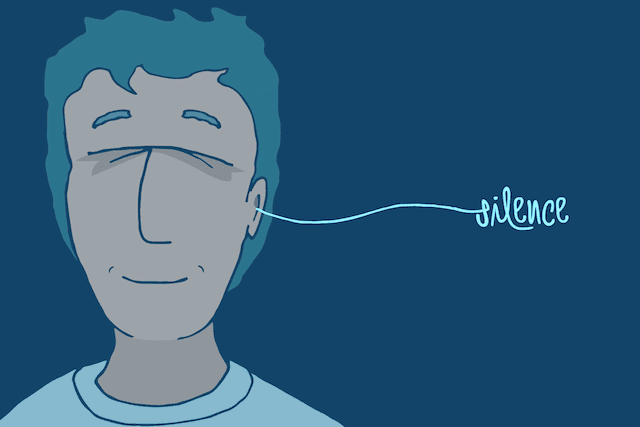The Sounds You Don’t Hear: How Silence Shapes the Brain –
Silence can feel peaceful, but it also has a surprising effect on the brain. When your ears aren’t picking up sound—whether from hearing loss, quiet moments, or even earplugs—your brain doesn’t just turn itself off. Instead, it’s working even harder, sometimes becoming more sensitive to other senses or even creating “phantom” sounds like ringing or buzzing (tinnitus) to fill the gaps. For some people, that silence feels very serene, but for others, it can be dismal or even lonesome.
Silence does more than you might think. When the brain isn’t getting sound, the areas usually in charge of hearing don’t just shut down—they often pitch in elsewhere, like helping with vision, memory, or attention. It’s the brain’s way of staying flexible. But that constant juggling can take a toll. People may feel worn out, find it harder to concentrate, or even notice changes in their balance because the brain is working overtime to make up for what’s missing.
When it comes from hearing loss, silence can create stress or a sense of disconnection. But when we choose quiet—like taking a break from noise or enjoying a moment of calm—it can have real benefits. Research shows that intentional silence may help lower blood pressure, improve sleep, and even encourage the brain to grow new cells. In other words, silence can be both challenging and restorative, depending on how it enters our lives.
Kristin Seiler
Lemme Audiology’s Practice Representative

